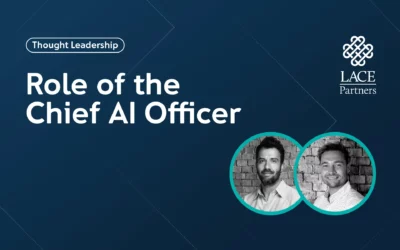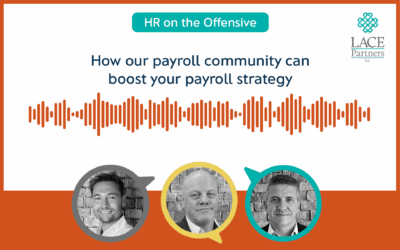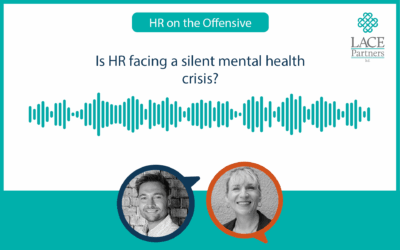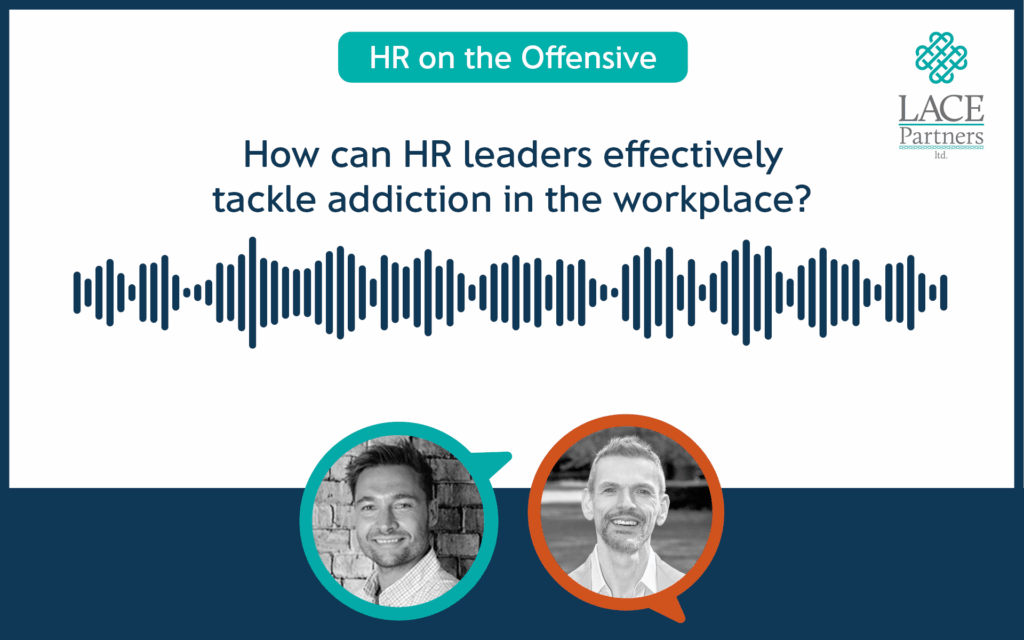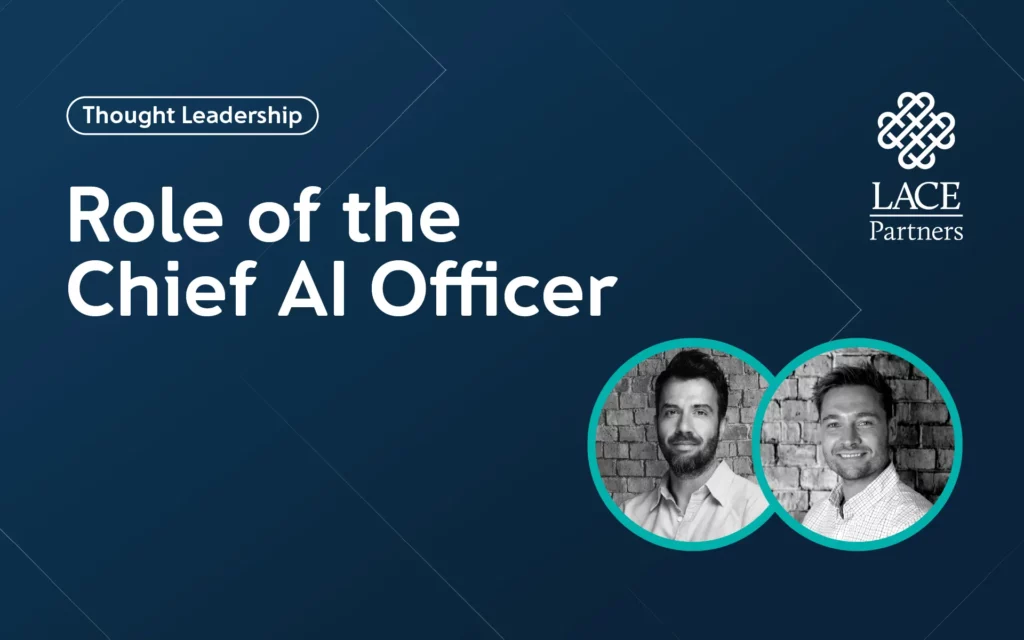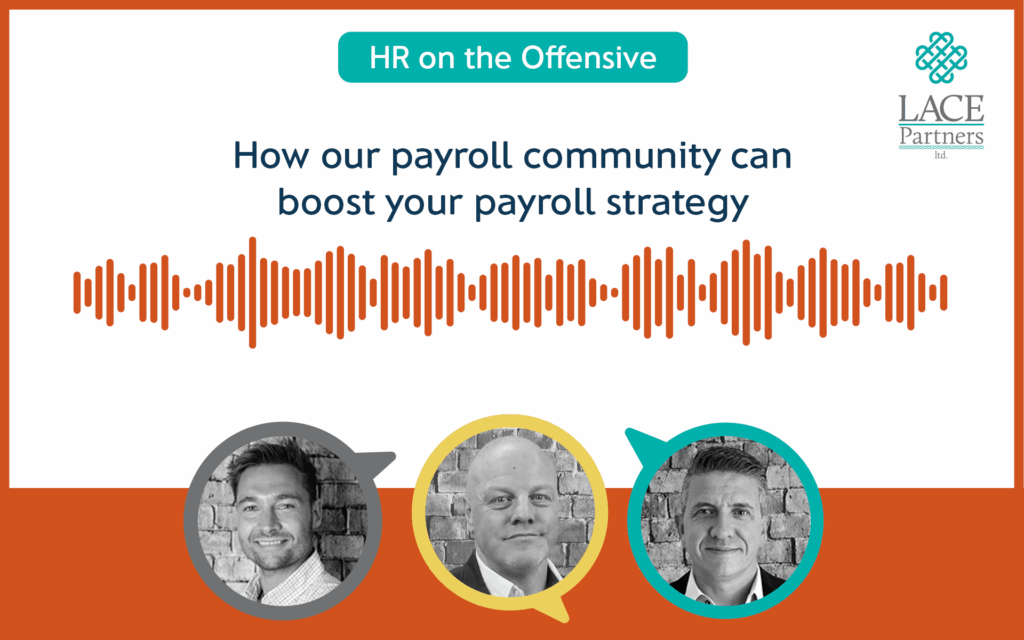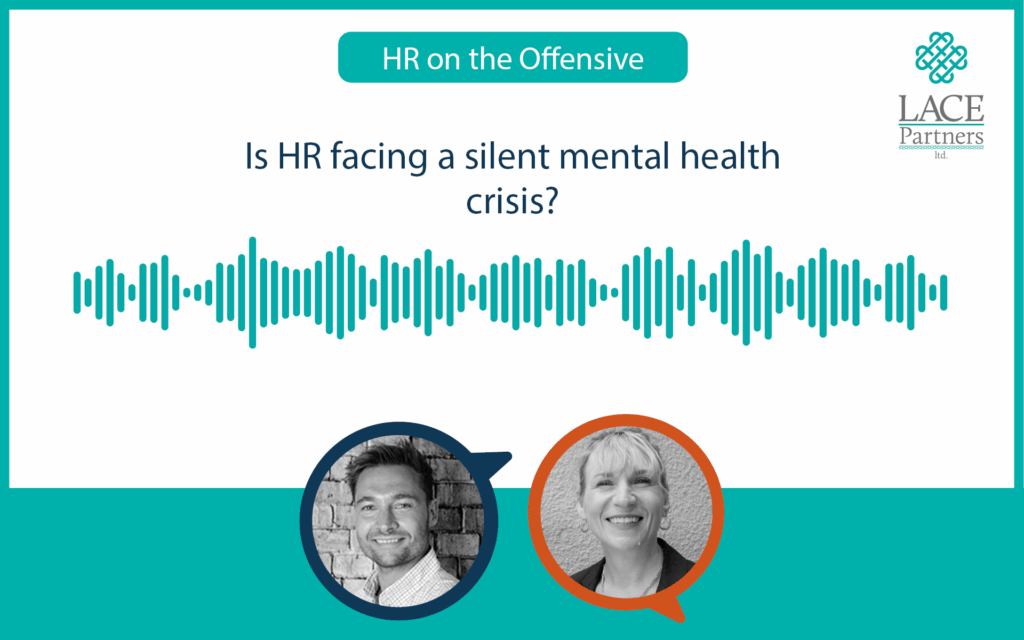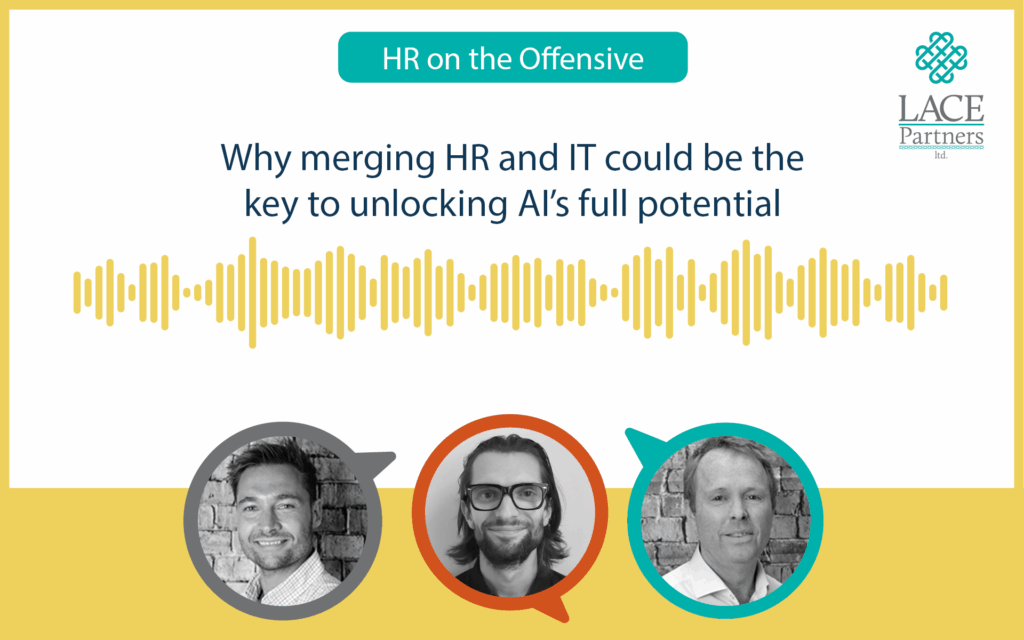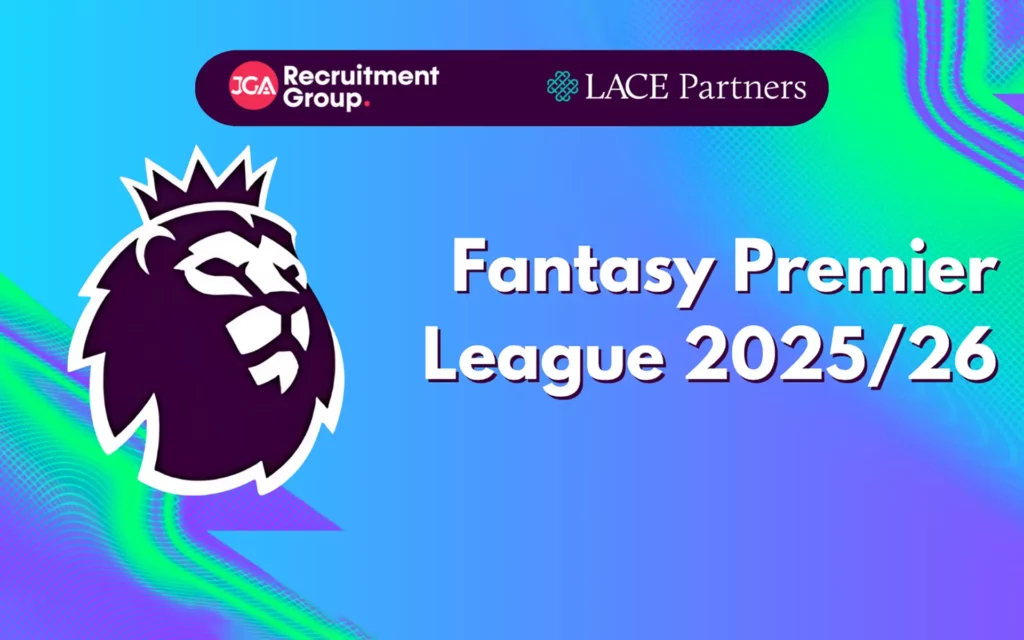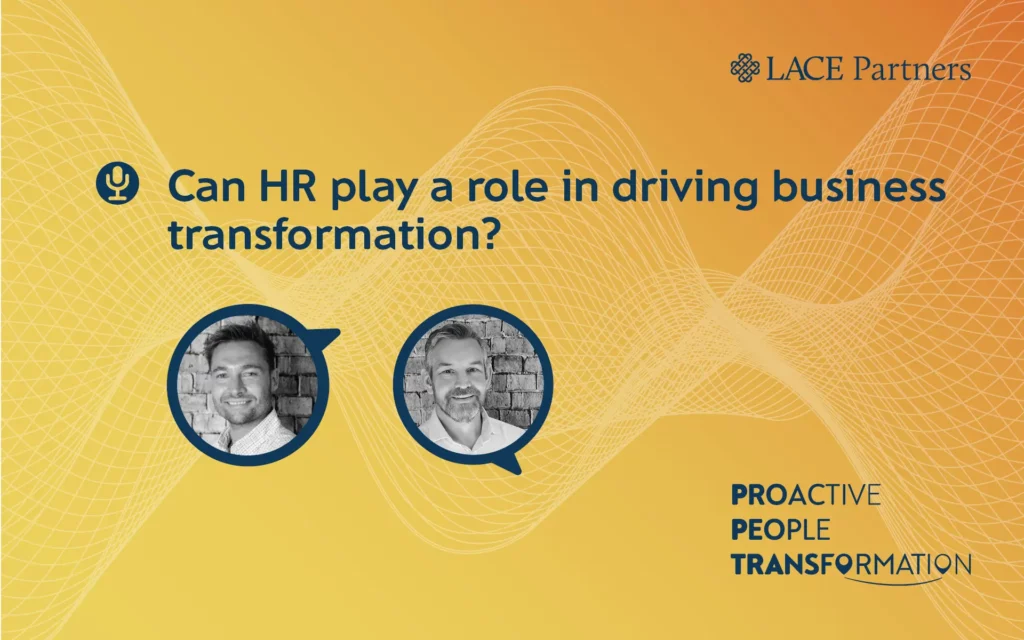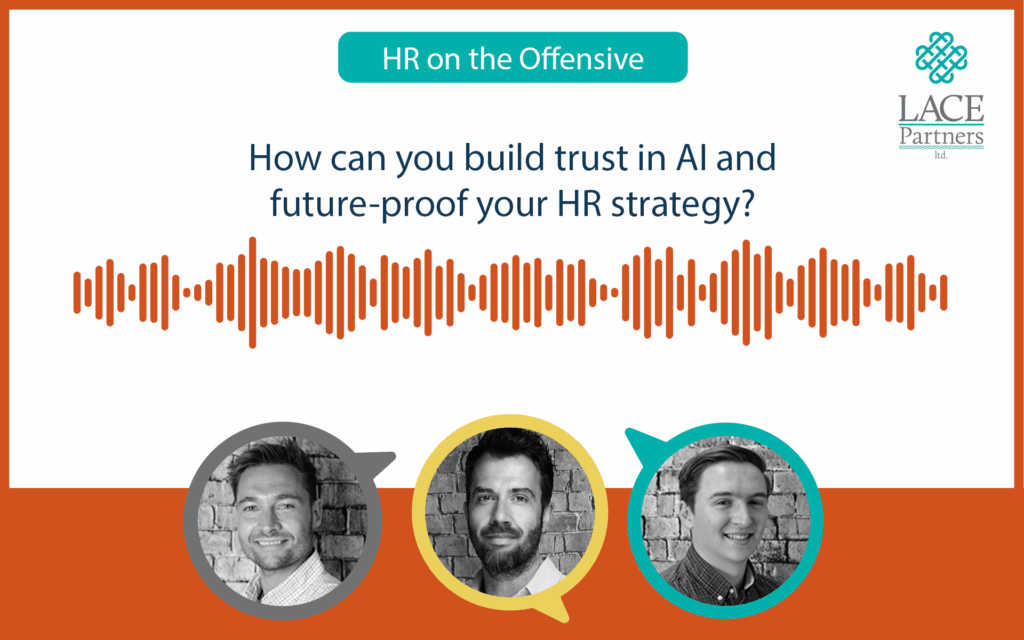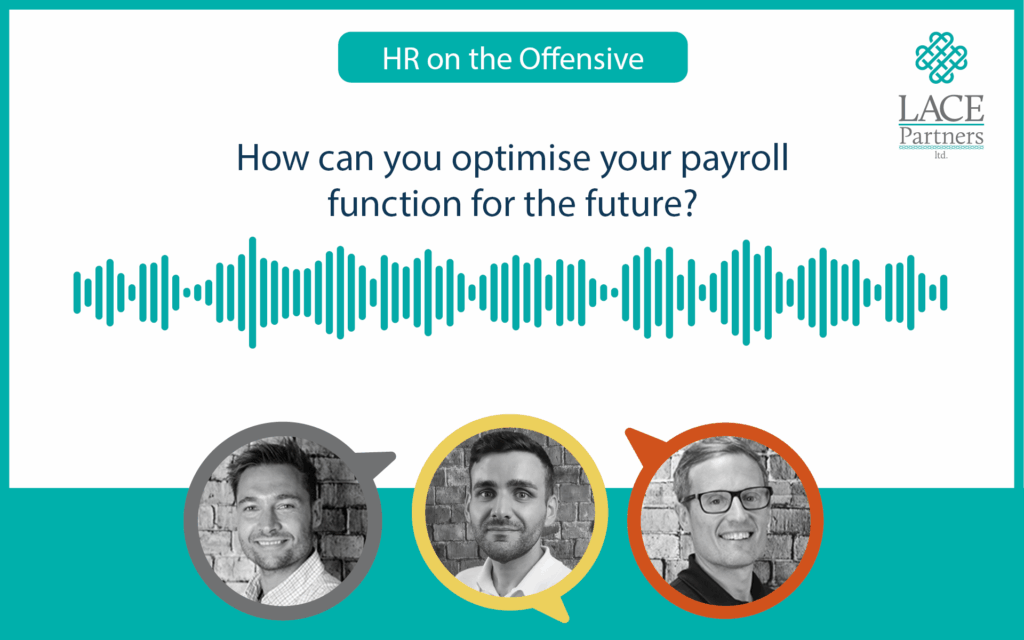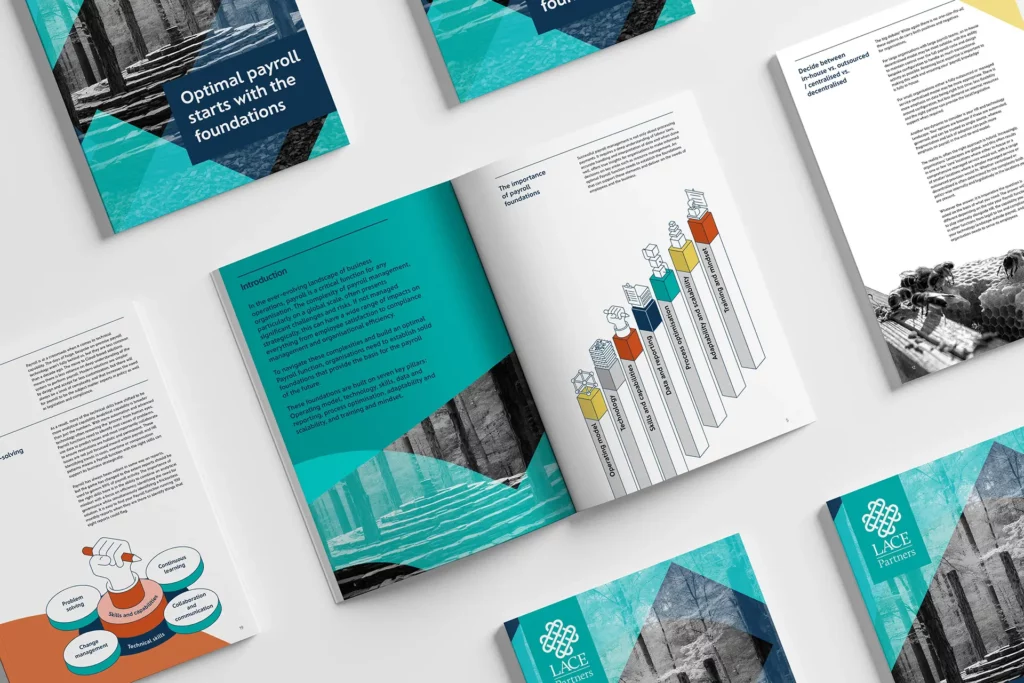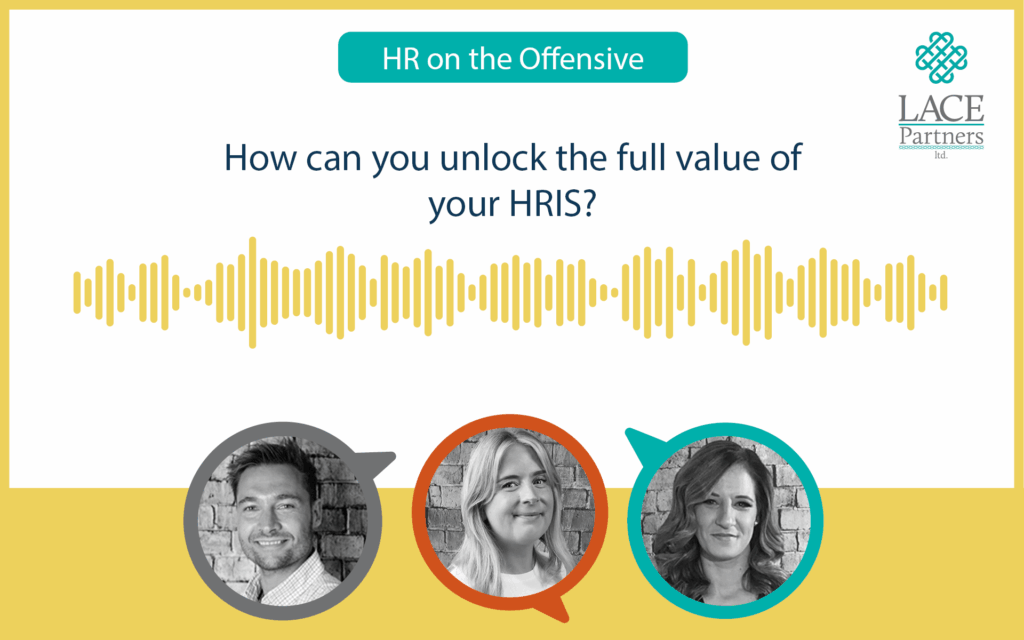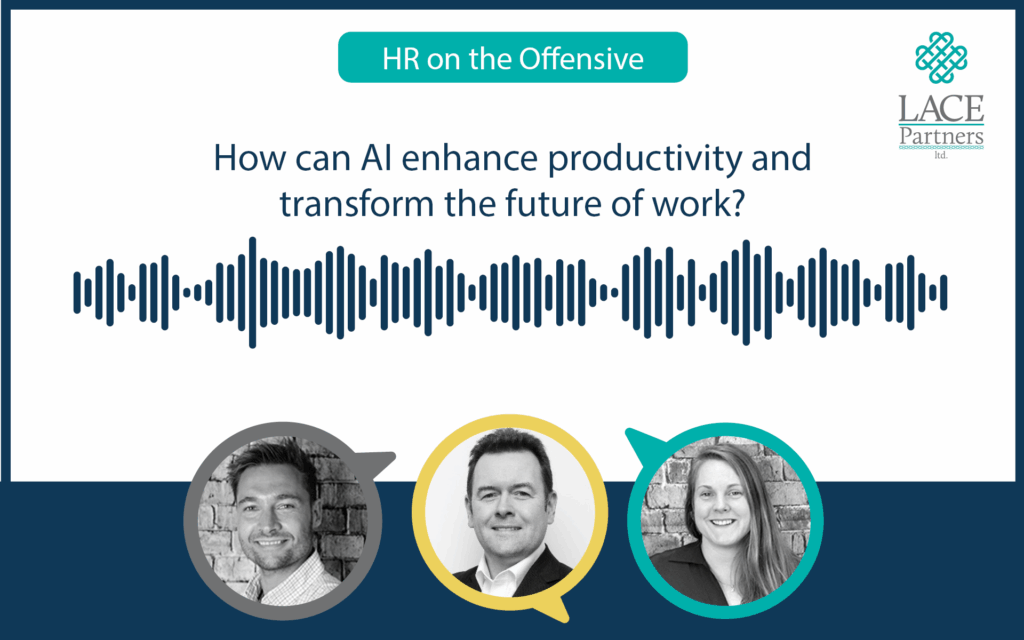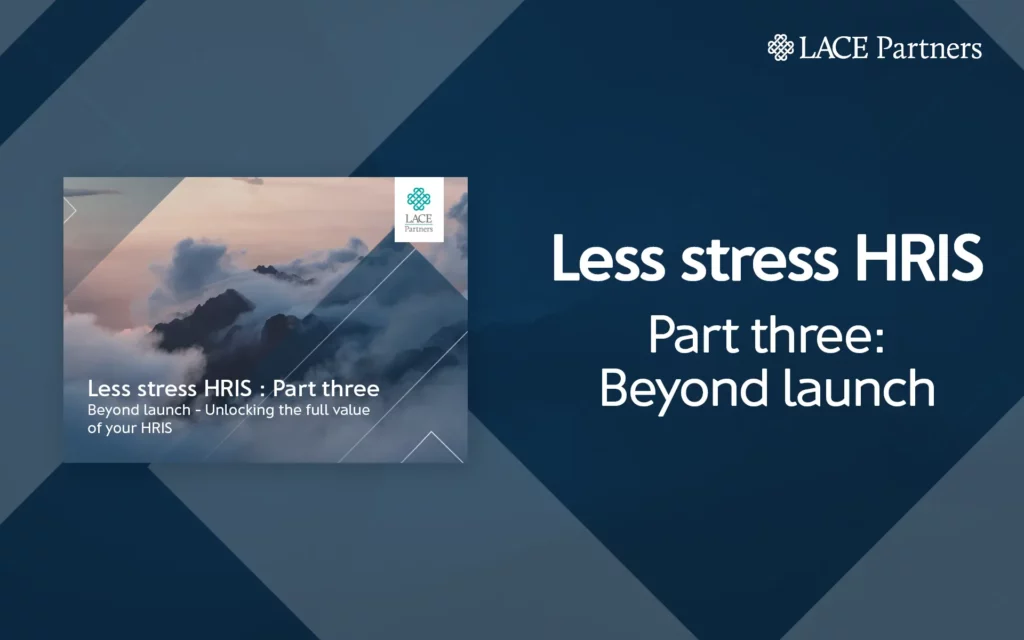Addiction in the workplace is often a silent issue. In this episode of the HR on the Offensive podcast host Chris Howard and guest, Dr. Georges Petitjean, Clinical Director at Inclusion, cut through the taboo to reveal why HR leaders can’t afford to ignore it.
Dr. Georges explains that addiction is as a spectrum, from low-risk use, on one end, to compulsive behaviours continued despite harm, on the other. This not only includes well-known addictions but also caffeine, prescription medication, or even behavioural addictions such as gambling. All of these challenges have an impact on the employee’s personal life but also their work life, and as such should be a consideration for HR leaders.
The cost of addiction
70% of adults with a substance use disorder are in work, yet only 15% seek treatment. The cost to UK employers from substance-related harms is estimated at £21 billion, with 14 million sick days annually linked to alcohol alone. Stigma, lack of measurement, and fear from leaders keep organisations in a “don’t ask, don’t tell” culture.
What are HR’s blind spots?
Some leaders underestimate how common addiction really is, others worry about the reputational risks of addressing it, and many believe their employee assistance programmes (EAP) are enough. While EAPs are better than nothing, they’re often short-term and tend to react to problems rather than prevent them. Real progress means weaving addiction into your broader wellbeing and equity strategies, speaking in inclusive, stigma-free language, sharing stories of recovery, and giving managers evidence-based training so they know how to support their teams
How can organisations create a psychologically safe workplace?
If employees don’t feel safe to disclose their addiction, the problem remains invisible and unmeasurable. Prevention should sit alongside support, reaching the 10% who already have addictions and the 90% who may be at risk.
Dr. Georges outlines several actions organisations can take to create a psychologically safe workplace. These include reframing addiction as a treatable health condition, equipping line managers with the skills to handle such sensitive conversations, and ensuring employees can easily and confidently access the right support without fear of stigma or repercussions.


